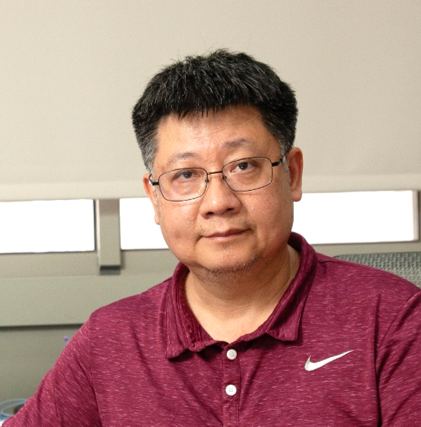







I am particularly interested in the quatum transport properties and thermoelectric properites in atomic/molecular juctions. The interest is partly motivated by the possible use of such structures in future electronic and thermoelectric applications, and partly by the desire to understand fundmantal quantum electronic transport with atom resolution in atomistic junctions. The long-term goal of our research is exploring the properties of non-equilibrium quantum transport in atomic/molecular junctions in the framework of density functional theory from first-principles approaches. Current-carrying wavefunctions calculated self-consistently are applied to investigate the current-voltage characteristics, thermoelectric properties, spin-dependent quantum transport, and a wide range of many-body effects associatede with them, including the following topics: (a) Current-voltage characteristics and thermal currents. (b) Quantum fluctuations of currents. (c) Thermopower and thermoelectric cooling. (d) Local heating and effects of electron-vibration interactions to current, shot noise, counting statistics, and Seebeck coefficients. (e) Current-induced forces. (f) Spin-dependent current, spin Hall effect, and Kondo effect. (g) Theoretical proposals for new forms of electric, thermoelectric, and mechanical devices based on atomic/molecular junctions.